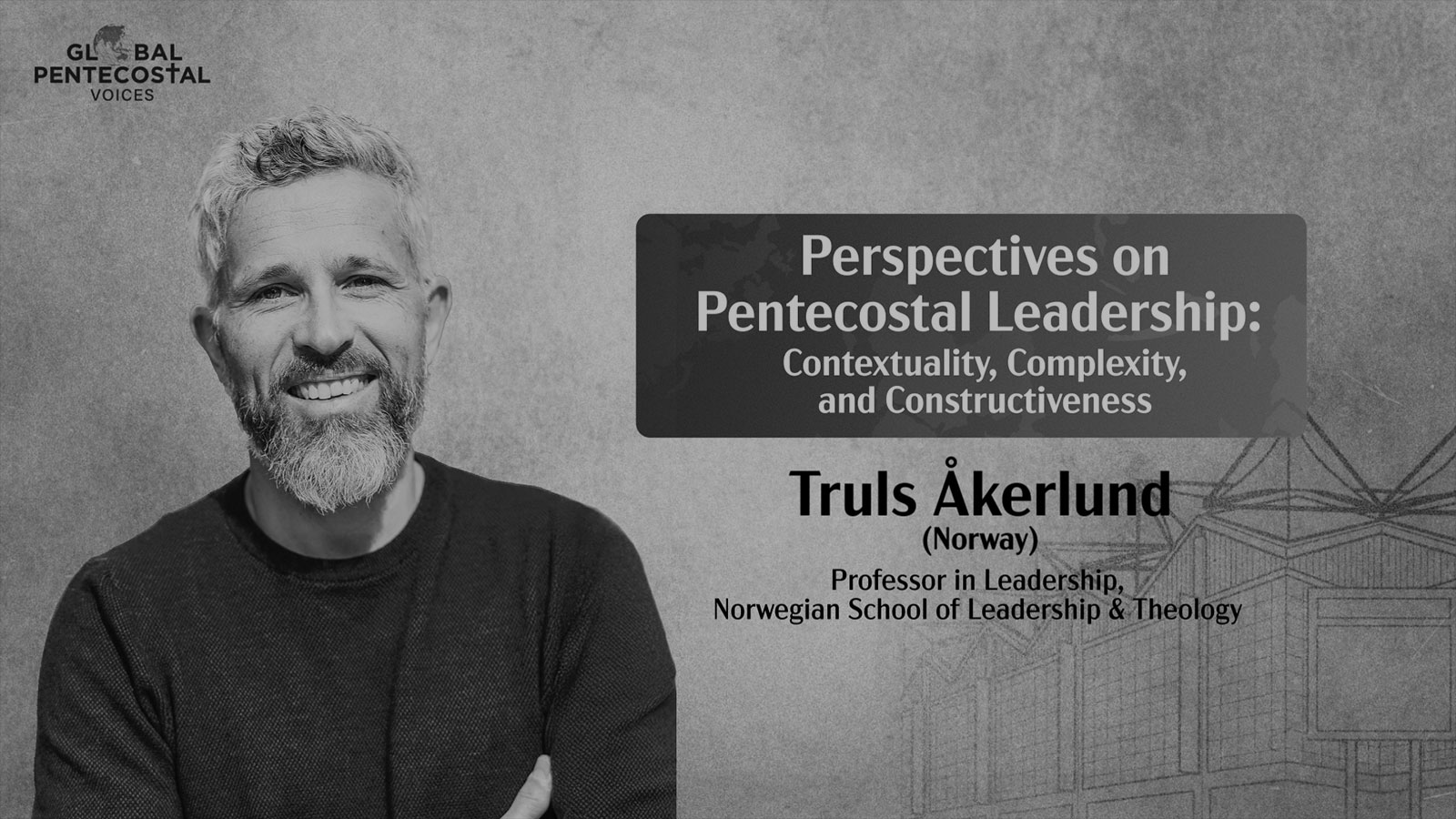Associate Dean, Division of Communication, School of Fine Arts and Communication,
Professor, Communication Studies,
Biola University

Joy Qualls is associate professor of communication studies and associate dean of the Division of Communication at Biola University. She holds a PhD in communication studies from Regent University, with research focusing on religious and political rhetoric.
Dr Joy’s academic work centres on gender, church leadership, and evangelical political discourse. Her research interests also include rhetoric in the age of tolerance.
A recognised author and speaker, she is known for her insights on communication, leadership, and theological reflections on the role of women in ministry. She is the author of God Forgive Us for Being Women: Rhetoric, Theology, and the Pentecostal Tradition (2018), and has contributed to various publications such as Influence Magazine and The Table.
Active in the broader academic and church community, Dr Joy is involved with the National Communication Association, the Religious Communication Association, and the Society for Pentecostal Studies. An ordained minister with the Assemblies of God, she serves on the national advisory committee for the Network for Women Ministers under of the General Council of the Assemblies of God.

Leadership is a complex phenomenon that cannot be easily defined as a single concept. Still, it is often understood as a set of social processes that influence people towards common goals—an approach that I will follow in this study. Drawing from general leadership theory and research on Pentecostal leadership, I will emphasise the interaction between leaders, followers, and the spiritual dimension, leading to a constructivist perspective on leader-follower relationships. The article will first address leadership in various settings, emphasising the need to contextualise leadership in different cultures, but also keeping an analytical distance to avoid dominating discourses that break with Christian perspectives. Second, I will discuss the complexity in Pentecostal leadership, especially the collaboration between divine and human interventions, the dialectic connection between agency and structure, and the ambivalence and tension between leaders and followers in ecclesial settings. Finally, I will highlight the constructive relations between leaders and followers. While leaders hold a formal position, leadership is also a social phenomenon effective only if it makes sense to church members, implying that the leader’s task is not to create everything from scratch but to build relationships and draw from the resources and spirituality present within the congregation.
© 2025 City Harvest Church. All Rights Reserved.